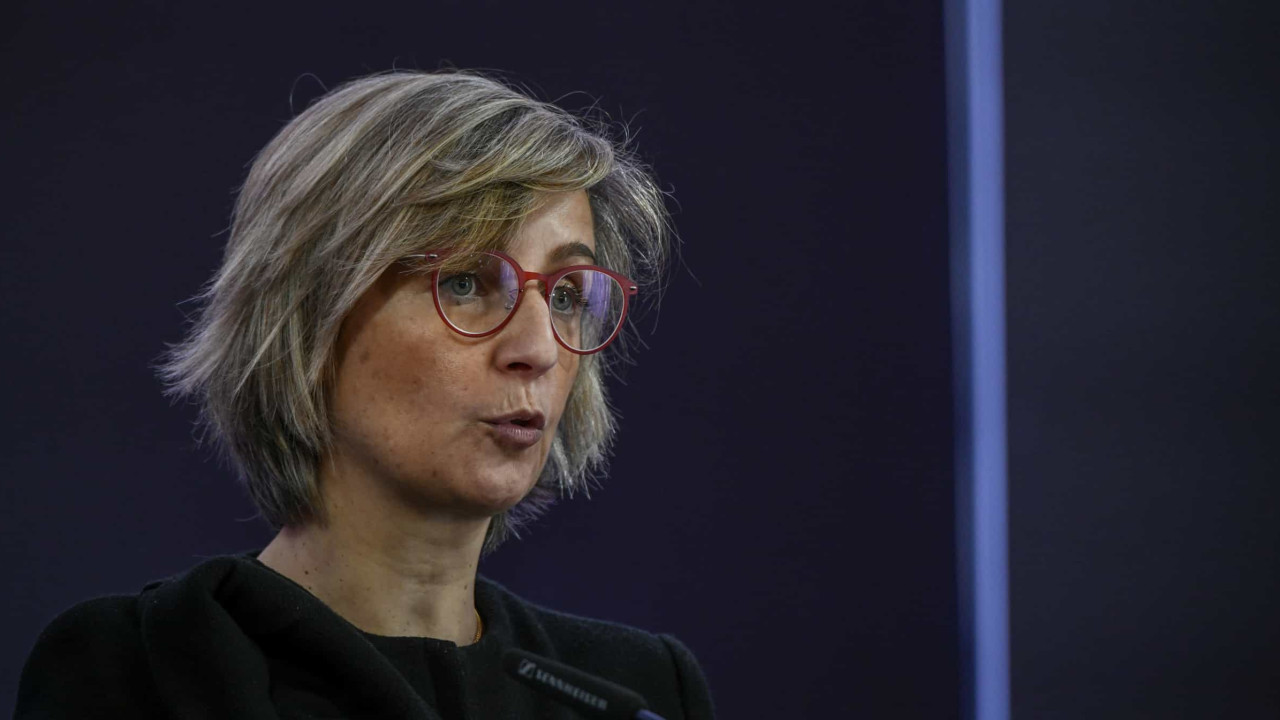a On Tuesday, the Council of Ministers approved a decree-law “creating conditions for the valorization of emergency teams in hospitals and public services”, as announced by the Minister of State and the Presidency of the Republic, Mariana Vieira da Silva. According to the official, another decree-law was approved, “regarding the agreement to be signed with the National Assembly of Municipalities.”
As the Minister of Health, Marta Temido, explained later, the government submitted, in the field of health, approval of an initiative providing for the creation of a “remuneration system for overtime work performed by doctors”, capable of “ensuring the work of emergency services in these same hospitals”.
In order to achieve these goals, the government has chosen to give the NHS hospital boards “the autonomy to conclude permanent employment contracts with specialized doctors who can be service providers and which are necessary to ensure the functioning of these same hospitals,” the Health Ministry official explained.
With the same objective, the boards of directors of these same hospitals will also be given “autonomy to remunerate, in a specific manner, for the supplementary work provided by the doctors of the personal map of the institutions”, in order also to ensure the regular performance of the emergency services.
This is in order to allow “the specialist physicians of the employees to be remunerated at an amount which obviously has a lower threshold than that resulting from the application of the rules of profession, class and occupation to which each worker is entitled.” — but that limit is now €50/hour” from 51st to the hour 100 “of overtime; 60 euros / hour “from 101 to 150”; The Minister of Health explained that 70 euros per hour “from 151 o’clock” is overtime.
The decree-law now approved by the government also states that specialist physicians belonging to the SNS staff map, “when they have a value/hour determined by their career, class and position to their pay higher” than these values now mentioned, can “benefit from an increase by 15% in relevant value/hour” of overtime.
For trainee physicians who are part of the emergency schedules, the Decree-Law also states that “50% of the above-mentioned values […] These professionals can be paid, or when it is more convenient, they can receive a 10% increase over their hourly wage in the category and job “in which they find themselves,” Marta Temedo said.
The official in charge of the health file also insisted on highlighting that this government initiative also provides “the possibility for doctors, when traveling from one institution to another to ensure the operation of the emergency services network, to receive accommodation allowance and the corresponding transportation costs.” But this is only if the jobs are more than 30 kilometers away or if they are located in different municipalities, he said.
In the case of doctors who are not included in the personnel map of SNS institutions, the executive authority led by Antonio Costa has set out “the strengthening of the principle that the conclusion of contracts for the provision of medical services is permissible only in cases where it is clear that the work of professionals on the map of institutions cannot be guaranteed”.
It was also decided, in this context, that “the maximum amount to be paid to such workers cannot exceed the highest value stipulated in the wage scale applicable to medical personnel: €29.56” per hour. And that “only in cases of obvious need […] This amount can be exceeded – always to the extent that it cannot, under any circumstances, lead to a remuneration higher than that paid to those who belong to the list of employees of the enterprise.”
The Minister of Health also insisted on emphasizing that “this system adopted today is a transitional system” and “customary”, “viable pending more ongoing structural work with representative structures for medical personnel.” Marta Temedo explained that the order itself “has a time horizon of six months, because it is the maximum estimated time to conclude these negotiations” – and “of course, this period can be shortened”.
It should be noted that Prime Minister Antonio Costa held an extraordinary meeting of ministers on Tuesday, which was followed by a briefing for journalists.
This is on a day when the government has yet to decide between the extension of the Country Fire Alert, which ends at 11:59 p.m. today, and the reactivation of the emergency, which was in place until Sunday and for a seven-day period. Something about which there is no information yet.
[Notícia atualizada às 21h47]Read also: DGS publishes guidelines for transferring pregnant women between hospitals

“Writer. Analyst. Avid travel maven. Devoted twitter guru. Unapologetic pop culture expert. General zombie enthusiast.”


